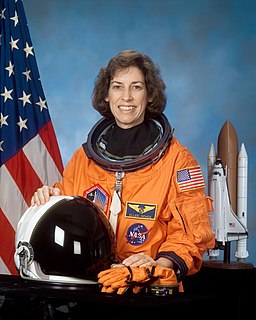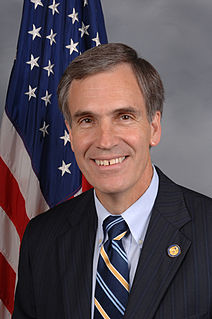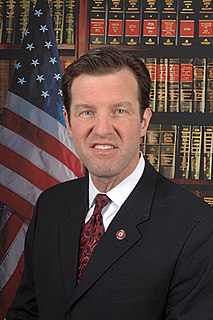A Quote by Ellen Ochoa
Throughout Johnson Space Center's history, contributions to STEM innovation and discoveries has been both through new technologies developed to advance human spaceflight and through educating, inspiring, and hiring students in STEM fields.
Related Quotes
Both in Britain and America, huge publicity has been given to stem cells, particularly embryonic stem cells, and the potential they offer. Of course, the study of stem cells is one of the most exciting areas in biology, but I think it is unlikely that embryonic stem cells are likely to be useful in healthcare for a long time.
Once I started to get aligned with the God in me, something hit me hard: I learned that our worth, our validation, our purpose and our acceptance don't stem from what we should do. They don't stem from what we have. They don't stem from what we've done or who we were. They stem simply from the fact that we are.
The average person doesn't understand what a stem cell is. There's a lack of health literacy in our nation. So the public can't really get into this dialogue because they don't understand the complexity of stem cells, not the faith-based approach, not the ideological or political, but the science behind stem cells.
In science there is something known as a stem cell. A stem cell is an undifferentiated cell which has not yet decided whether it's gonna be a cell of your brain or a cell of your heart or of your finger nail. But science is learning how to coax, how to manipulate, the raw material of life that we call stem cell to become any cell of the body. I think that God is the stem cell of the universe.

































